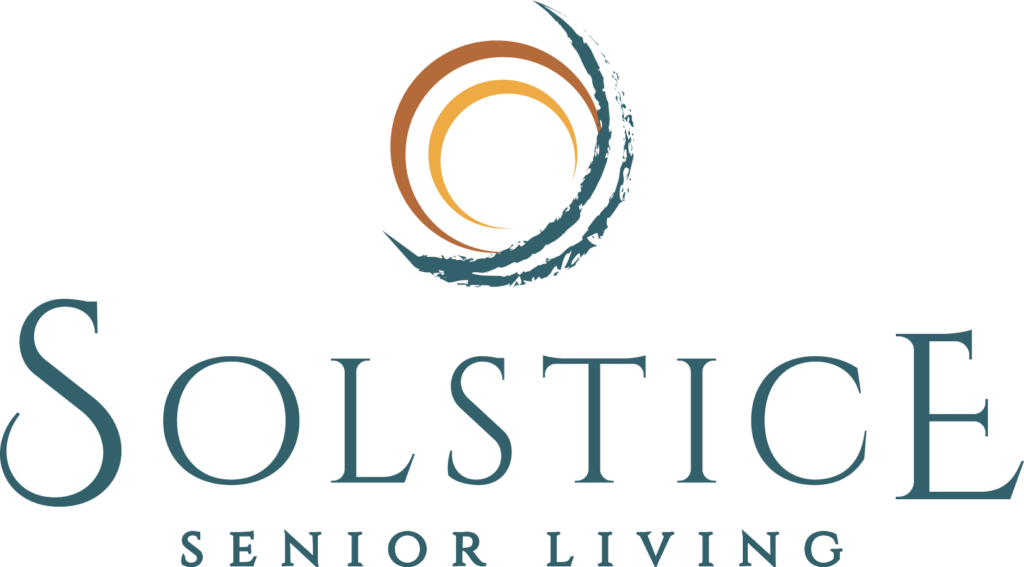Covid-19 FAQS
What Is COVID-19?
According to the Centers for Disease Control and Prevention (CDC), coronavirus disease 2019 (COVID-19) is a respiratory illness that can spread from person to person. The virus that causes COVID-19 is a novel coronavirus that was first identified during an investigation into an outbreak in Wuhan, China.
How Does COVID-19 Spread?
Current understanding about how the virus that causes COVID-19 spreads is largely based on what is known about similar coronaviruses. COVID-19 is a new disease, and there is more to learn about how it spreads, the severity of illness it causes, and to what extent it may spread in the United States (CDC). Learn more here.
The virus is thought to spread mainly from person to person.
- Between people who are in close contact with one another (within about 6 feet).
- Through respiratory droplets produced when an infected person coughs, sneezes or talks.
- These droplets can land in the mouths or noses of people who are nearby or possibly be inhaled into the lungs.
- COVID-19 may be spread by people who are not showing symptoms.
What happens if I’m exposed to COVID-19?
If you come into close contact with someone who has COVID-19, you may have to quarantine. This is dependent upon whether you are vaccinated or not.
According to the CDC, you do NOT need to quarantine if:
- You are 18 or older and have received all recommended vaccine doses, including boosters and additional primary shots for some immunocompromised people.
- You are ages 5–17 years and completed the primary series of COVID-19 vaccines.
- You had confirmed COVID-19 within the last 90 days.
You DO need to quarantine if:
- You are age 18 or older and completed the primary series of recommended vaccines, but have not received a recommended booster shot when eligible.
- You received the single-dose Johnson & Johnson vaccine (completing the primary series) over two months ago and have not received a recommended booster shot.
- You are not vaccinated or have not completed a primary vaccine series.
What if I test positive for COVID-19?
If you test positive for COVID-19, you will have to quarantine and isolate yourself from others. The length of your isolation period is dependent upon whether or not you have symptoms. The recommendations below are provided by the CDC.
If you are symptomatic:
- You must isolate for at least five days.
- You can end isolation after five full days if you are fever-free for 24 hours without the use of fever-reducing medication and your other symptoms have improved. You should continue to wear a mask around others for five additional days.
If you are asymptomatic (show no symptoms):
- You must isolate for at least five days. If you continue to have no symptoms, you can end isolation after at least five days.
- You should continue to wear a mask around others until Day 10.
What is the Delta variant?
What is the Omicron variant?
What Are the Symptoms of COVID-19?
Patients with COVID-19 have had mild to severe respiratory illness with symptoms of:
- Fever or chills
- Cough
- Shortness of breath or difficulty breathing
- Fatigue
- Muscle or body aches
- Headache
- New loss of taste or smell
- Sore throat
- Congestion or runny nose
- Nausea or vomiting
- Diarrhea
How Is COVID-19 Treated?
- FDA has granted full approval for the Pfizer-BioNTech (COMIRNATY) COVID-19 Vaccine in preventing COVID-19 disease in individuals 16 years of age and older.
- The Moderna, and Johnson & Johnson vaccines have been authorized by the FDA to help prevent COVID-19.
- Those affected should receive care from their primary medical physician to relieve symptoms. Patients with serious illness should be hospitalized.
What Can I Do To Help Prevent the Spread of Respiratory Viruses?
- Avoid close contact with people who are sick.
- Avoid touching your eyes, nose and mouth with unwashed hands. Wash your hands often with soap and water for at least 20 seconds.
- Use an alcohol-based hand sanitizer that contains at least 60% alcohol if soap and water are not available.
- Cover your cough or sneeze with a tissue, then throw the tissue in the trash.
- Clean and disinfect frequently touched objects and surfaces using a regular household cleaning spray or wipe.
To learn more about COVID-19, please view the CDC’s fact sheet.
